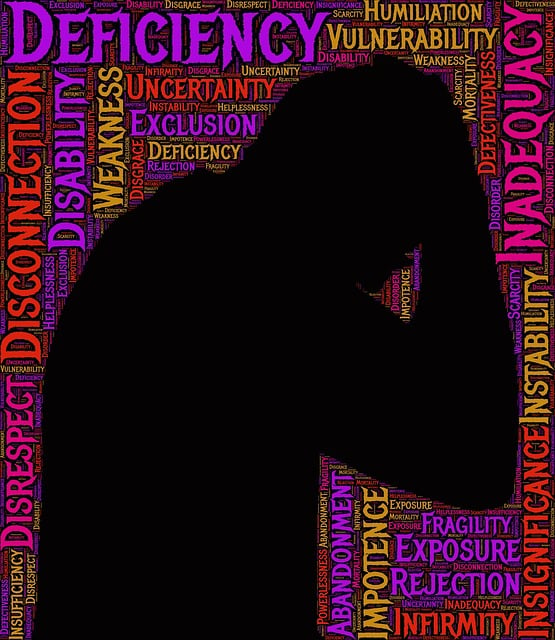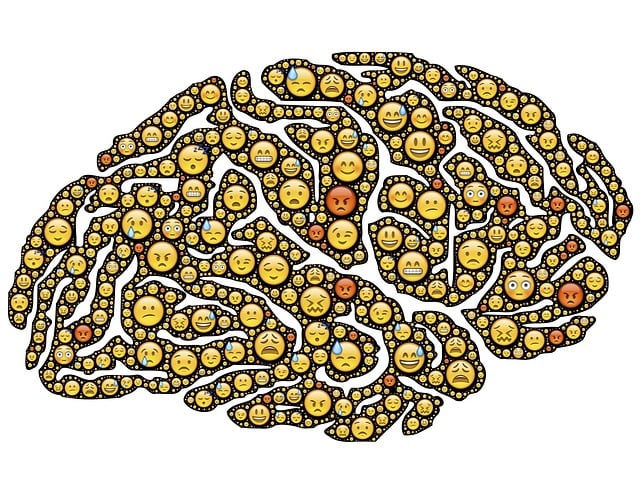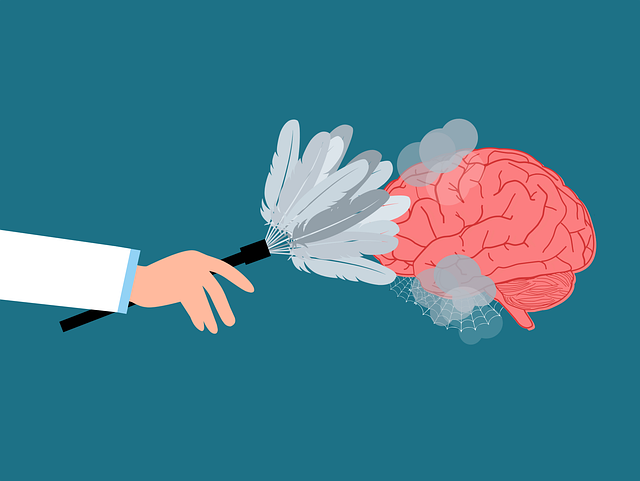Greenwood Village French Speaking Therapy leads in culturally sensitive mental healthcare, addressing language barriers and unique cultural needs of its diverse population. By offering therapy in French and integrating culturally relevant practices, they enhance communication, build trust, and improve outcomes for French-speaking clients. This approach not only overcomes obstacles but also prevents professional burnout and effectively manages risks, setting a standard for inclusive mental health services.
Cultural sensitivity is a cornerstone of effective mental healthcare, ensuring equitable access to support for all communities. This article explores the nuanced landscape of cultural competence within therapy, focusing on the specific needs and challenges faced by French-speaking individuals. We delve into the significance of language accessibility, dissect barriers in care, and present strategies for culturally responsive practice. Furthermore, we highlight Greenwood Village French Speaking Therapy as a model for inclusive mental healthcare, offering insights into how such initiatives can revolutionize support for diverse populations.
- Understanding Cultural Sensitivity in Mental Healthcare
- The Importance of Language Access in Therapy
- Challenges and Barriers in French-Speaking Communities
- Strategies for Culturally Competent Practice
- Greenwood Village French Speaking Therapy: A Model for Inclusive Care
Understanding Cultural Sensitivity in Mental Healthcare

Understanding Cultural Sensitivity in Mental Healthcare involves recognizing and appreciating the diverse cultural backgrounds of patients, especially in areas like Greenwood Village where French-speaking communities exist. This approach ensures that therapy and support are accessible and tailored to individual needs, breaking down barriers often present in mainstream mental healthcare services. It’s not just about language translation; it’s about understanding cultural nuances, values, and beliefs that can impact mental health experiences and expressions of distress.
French-speaking therapy in Greenwood Village, for instance, caters to a specific cultural need by employing therapists who are proficient in French. This practice addresses the Risk Management Planning for Mental Health Professionals by minimizing communication gaps and potential misunderstandings. It also highlights the importance of Risk Assessment for Mental Health Professionals, ensuring practitioners are equipped to navigate cultural complexities effectively while maintaining ethical standards and delivering quality care.
The Importance of Language Access in Therapy

In providing mental healthcare services, ensuring effective communication is paramount, especially when serving a diverse population. One critical aspect that often goes unnoticed is language access, particularly in communities with limited English proficiency. For instance, Greenwood Village French-speaking therapy offers a vital service by bridging this gap. When patients from different linguistic backgrounds enter therapy, using their native language not only fosters comfort and trust but also enables a more accurate risk assessment for mental health professionals. This is because cultural nuances, often conveyed through language, can significantly impact an individual’s understanding of mental health issues and their willingness to seek help.
Empathy building strategies play a significant role here. By engaging in Healthcare Provider Cultural Competency Training, therapists enhance their ability to connect with patients from varied cultural backgrounds. This training equips professionals with the skills to adapt their approach, ensuring that every patient receives personalized care. In essence, prioritizing language access is not just about words; it’s about creating an inclusive environment where individuals feel seen and heard, ultimately improving mental healthcare outcomes.
Challenges and Barriers in French-Speaking Communities

In Greenwood Village, French-speaking communities face unique challenges when it comes to mental healthcare access and delivery. Barriers often stem from language differences, cultural misunderstandings, and a lack of therapists who are fluent in French. These factors can lead to delayed care or inadequate treatment for individuals within these communities, exacerbating existing mental health issues. The need for culturally sensitive therapy is paramount to ensure equal access to mental wellness services, especially considering the high rates of burnout among healthcare professionals and the importance of building inner strength through supportive, tailored interventions.
Furthermore, the development of mental wellness coaching programs specifically designed for French-speaking individuals can significantly contribute to overcoming these barriers. By addressing cultural nuances and offering support in their native language, such programs have the potential to enhance participation and outcomes. This approach not only benefits the community but also encourages the implementation of effective strategies for burnout prevention and promotes holistic inner strength development.
Strategies for Culturally Competent Practice

Incorporating cultural sensitivity into mental healthcare practice is essential for providing effective treatment to a diverse range of clients. Strategies for culturally competent practice include actively listening to and valuing clients’ unique backgrounds, beliefs, and experiences. At Greenwood Village French Speaking Therapy, therapists prioritize building strong therapeutic alliances by demonstrating genuine interest in understanding their clients’ cultural contexts. This involves learning about the client’s heritage, language preferences, and any specific challenges they face due to cultural or linguistic barriers. By creating a safe and inclusive environment, therapists foster open communication, which is crucial for establishing trust and encouraging vulnerability.
Additionally, integrating culturally relevant therapeutic techniques can significantly enhance treatment outcomes. For example, incorporating aspects of traditional healing practices, such as mindfulness and meditation, alongside evidence-based methods can be beneficial. These approaches cater to clients’ emotional regulation needs while respecting their cultural values. Furthermore, teaching conflict resolution techniques tailored to the client’s cultural norms empowers individuals to manage interpersonal challenges effectively. Through Self-Esteem Improvement activities aligned with cultural identities, therapists enable clients to develop a positive sense of self, which is integral to overall well-being and can facilitate meaningful changes in their lives.
Greenwood Village French Speaking Therapy: A Model for Inclusive Care

In a world where cultural diversity is increasingly recognized as a vital aspect of healthcare, Greenwood Village French Speaking Therapy stands out as a remarkable model for inclusive care. This therapeutic approach caters specifically to individuals who speak French and face language barriers in mental health services. By offering sessions conducted entirely in French, this initiative not only addresses a critical need but also fosters a sense of comfort and understanding among clients from Francophone backgrounds. Such localized therapy is crucial in preventing burnout among mental health professionals, as it ensures effective communication and minimizes the risk of miscommunication or misunderstandings that can arise from language differences.
Greenwood Village’s approach goes beyond simply providing translation services; it involves integrating culturally sensitive practices into every aspect of care. This holistic model includes tailored trauma support services, recognizing that many French-speaking clients may have experienced unique cultural traumas. By addressing these specific needs, Greenwood Village not only enhances the therapeutic process but also contributes to robust risk management planning for mental health professionals, ensuring they are equipped to deliver culturally competent care while mitigating potential risks associated with language and cultural barriers.
Mental healthcare professionals must embrace cultural sensitivity to provide inclusive and effective treatment. As demonstrated by the Greenwood Village French-Speaking Therapy model, addressing language access and understanding cultural nuances can significantly enhance patient outcomes. By implementing strategies that promote cultural competency, therapists can overcome barriers and create a safe space for all individuals, regardless of their linguistic or cultural background. This approach ensures that every client receives tailored care, fostering better mental health outcomes within diverse communities.














